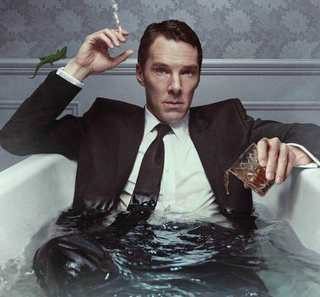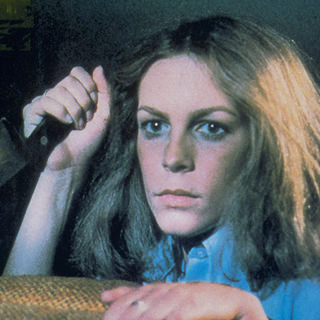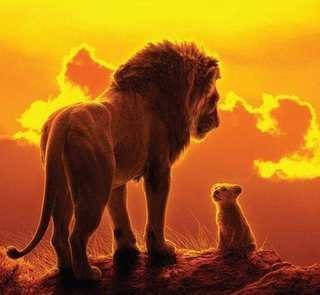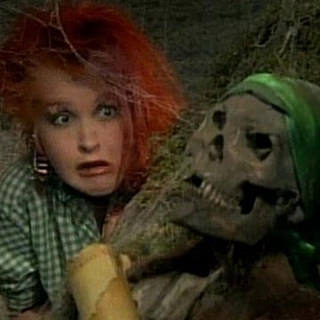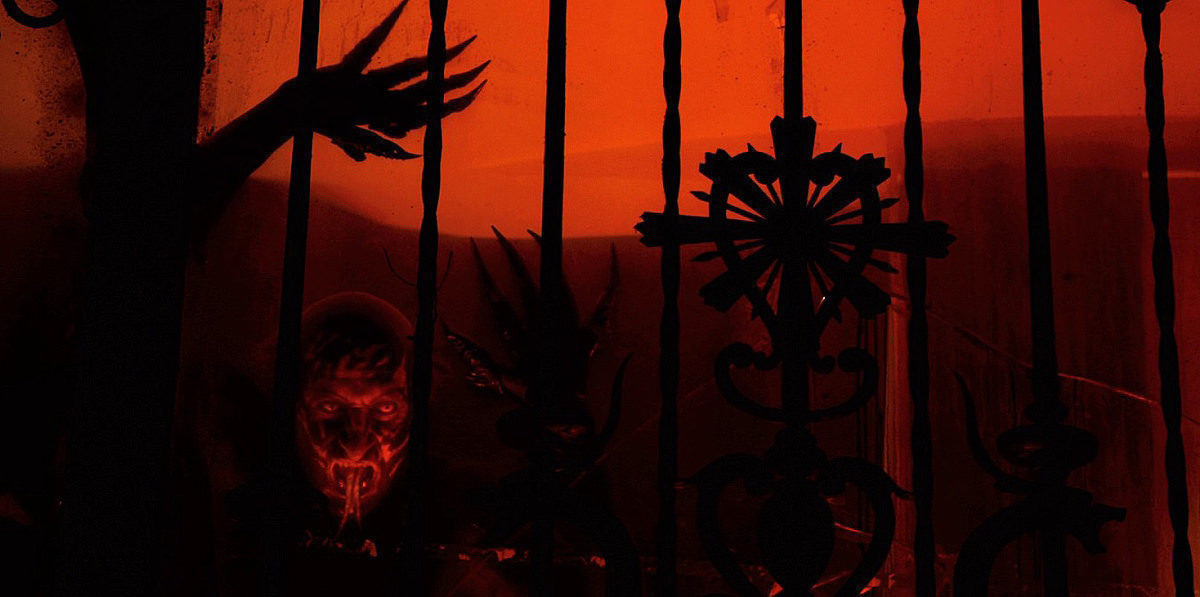increased
“Chronicles of predatory cities”: the triumph of the picture over the meaning
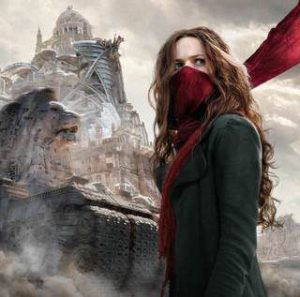 Authors, artists and other creators regularly come up with a variety of ends of the world for our world, describe in detail the worlds that grow out of the ashes of a nuclear war or some major cataclysm. Each Apocalypse is different details, but all scenarios are similar in one thing: people do not change and still crave power, strength and power, despite the mistakes of the past. In the film “Chronicles of predatory cities” (Mortal Engines) also shows this story.
Authors, artists and other creators regularly come up with a variety of ends of the world for our world, describe in detail the worlds that grow out of the ashes of a nuclear war or some major cataclysm. Each Apocalypse is different details, but all scenarios are similar in one thing: people do not change and still crave power, strength and power, despite the mistakes of the past. In the film “Chronicles of predatory cities” (Mortal Engines) also shows this story.
The basis for the film was a series of books by Philip Reeve-teenage adventure novels. And the first film almost completely illustrates the events described in the first book, slightly changing the details, removing most of the clumsy teardrop moments, but generously scattering epicness. Continue reading
“Ralph vs. the Internet”: deep thoughts in a child’s wrapper
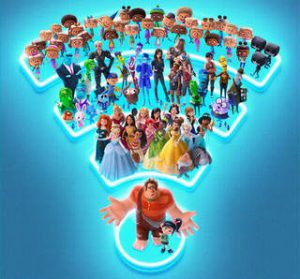 Animation has long ceased to be a genre for children. Hundreds of threads on forums are devoted to search of various Easter eggs and references to the real world and serious topics in animation, and in discussions about a plot in the style of “what the author really wanted to say” the strongest minds of mankind fight. And to combine a bright, cartoon design with something close to an adult, you really need to be able to. Fortunately, the creators of the cartoon “Ralph against the Internet” (Raplh Breaks the Internet) it turned out.
Animation has long ceased to be a genre for children. Hundreds of threads on forums are devoted to search of various Easter eggs and references to the real world and serious topics in animation, and in discussions about a plot in the style of “what the author really wanted to say” the strongest minds of mankind fight. And to combine a bright, cartoon design with something close to an adult, you really need to be able to. Fortunately, the creators of the cartoon “Ralph against the Internet” (Raplh Breaks the Internet) it turned out.
Recently, cartoon franchises have been growing with their viewers. On the sequel to finding Nemo-finding Dory – most of the movie room was occupied by teenagers and students, not children, and they were happy to return to the characters of childhood. Continue reading
(Not)heroes: the story of a deconstructed superhero image in comic book adaptations
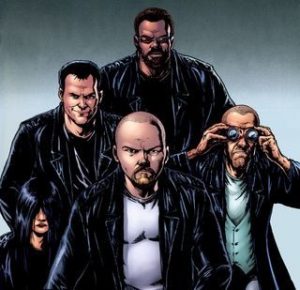 Marvel now many took out. More precisely, not even Marvel itself as such, but the dominance of their film comics. Film adaptations are full of stamps and even self-copying (I still laugh at how similar the plots of the third “Thor” and “Black Panther” are, and how much they differ in implementation), and the conveyor feed of content simply tired some viewers, and a trip to the cinema for a fan of comics turned from a holiday into a routine. But then deconstruction burst onto the stage of film adaptations again — and this time it appeared on time and in a big way.
Marvel now many took out. More precisely, not even Marvel itself as such, but the dominance of their film comics. Film adaptations are full of stamps and even self-copying (I still laugh at how similar the plots of the third “Thor” and “Black Panther” are, and how much they differ in implementation), and the conveyor feed of content simply tired some viewers, and a trip to the cinema for a fan of comics turned from a holiday into a routine. But then deconstruction burst onto the stage of film adaptations again — and this time it appeared on time and in a big way.
Spoonful of history: the eighties was a difficult period for the comic book industry. Stories began to gradually move away from the riot of colors, irrepressible pathos and ultrapositive, deeper and stronger to consider social problems, to climb into politics, to criticize the existing system, through the prism of other, artificial worlds to tell what is happening in the real world, exaggerating events and their outcomes. Continue reading
